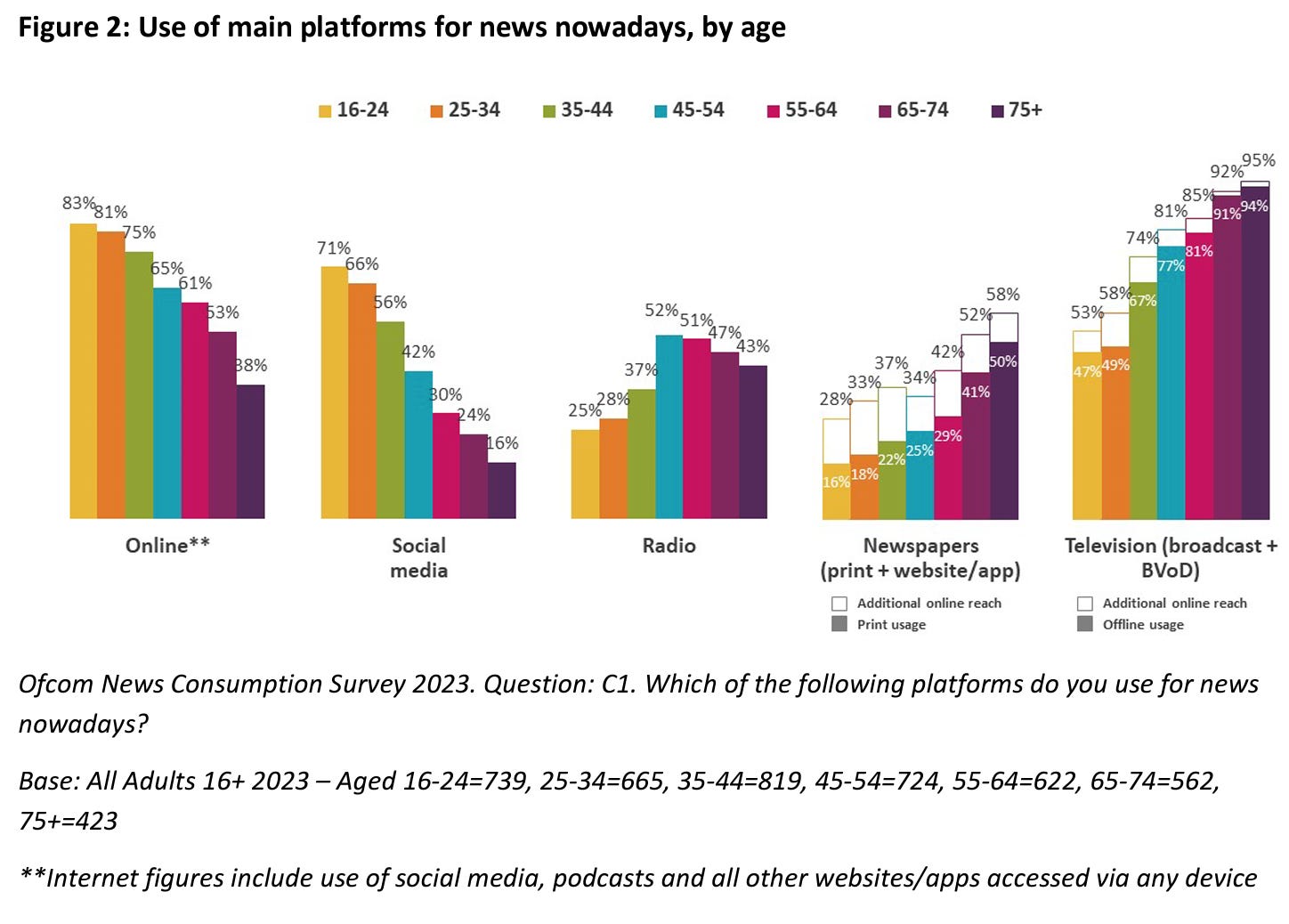Why I'm no longer talking to my family about politics.
Argument after argument, my family finally drew the line for dinnertime conversation. But how did politics start ripping families apart?
Arguing at the dinner table, I was told I was just part of the ‘woke generation’, implying that my age determined the invalidity of my opinion. I had my fair share of family arguments over the same issues time and time again, and I decided this was going to be the last family event ruined by politics.
As our parents have aged, so has the world, and what was politically radical or advanced for their generation has become relatively outdated for their children. This political evolution has meant that for many, young and old, the dinner table has become a battleground of political bickering.
Political opinion has become less of a discussion and more a battle of wills. Within the US, political discussion at the dinner table proves no issue — as long as they agree with each other.
Pew Research Center found that, in 2018, 40% of families avoid discussing politics. However, their reluctance to discuss politics increased depending on how many family members shared their same political views.
Political polarisation has become an increasing issue within the US leading to growing hostility toward their opposition. In 2016 within the US, Pew Research Center found that 47% of Republicans and 35% of Democrats said the opposing party members were more immoral than other Americans.
In contrast to 2022, in which 72% of Republicans and 63% of Democrats claimed their opposition to be immoral. This pattern persists amongst both parties, claiming them to be more dishonest and close-minded than the opposition.
This polarisation has seeped into the homes of many, where the dinner table was once serene it is now found to be a battle of righteousness.
Alfie Larsson, Youth Left Party President in Sweden and former district board member, found their young involvement in politics allowed for well informed and passionate opinions within politics, but believes the generational disparity of access to information leads to a further partition within generational politics.
‘I noticed very early on that the difference itself is not that they're close-minded. It's more that we are being fed so much information.’
Larsson attributes a lot of these political disputes to our younger generations access to information via the internet and social media,
‘Everyone who's older than 30, millennials and older, I've realised there's so much proof that they were only fed one view at a time. Even the millennials who have the quote-unquote right or good opinions, it's noticeable that they got that information from one side...’
Ofcom conducted research in 2023 highlighting news consumption in the UK, this figure demonstrates the difference in age determining their news consumption. Whilst the figure shows that the highest age group, 75 and above, has not been drastically lacking in consumption of information, it does highlight the broad spectrum of platforms that the younger age groups (16-24 and 25-34) have at their disposal.
Phoebe Newall, member of Youth Demand (Just Stop Oil) and former member of Extinction Rebellion, says that upbringing and access to information is a key reason of the political tension in their family,
‘I feel that my Mum and I would have similar political views if she had access to the kind of information that our generation are able to access freely online, yet I feel that she grew up in a more conservative environment that pushed her political views in a direction that may not otherwise have taken.’
Despite the political family tension, Newall’s passion for politics and political education has driven a desire for open discussion.
‘I find it highly unproductive to avoid political discussions and I feel disappointed when my family aim to purposefully avoid them…political discussions are more necessary than ever...’
Trans-activist, Sebbi Mckenna, finds the political tension amongst family ‘uncomfortable’ and their inability to freely discuss amongst family ‘limiting’ and resulting in a lack of connection.
‘I’ve never told him or argued with him. Probably better to let him live in ignorant bliss than to face not being welcome.’
Mckenna continues,
‘I don’t talk politics with my parents. I know that my dad would start an argument, so I don’t bother. I also steer the conversation away if it ever ends up on politics. We have opposite views. I, probably like he does, view each side of the political spectrum as uninformed, if not sometimes maliciously so.’
Larsson found that during their time of political involvement, family political disputes were a common occurrence but with age and knowledge asks, ‘...is it worth the drama?’
Generational political polarisation has been demonstrated so well within my own family dynamics, where I find myself the youngest at the table holding a mostly left view and the rest of the table holding an increasingly right view with age, my parents and grandparents often being the instigators of the most controversial topics.
Where I used to fight my corner, I now find I can’t enjoy time with family if we spend our time arguing. Many young people feel the same and have opted for keeping the peace in favour of family political disputes.
‘...there's no point in me talking about this further because your core values obviously don't match with your everyday practice of that opinion. So if they don't match, then that's not my issue, that's your issue…So okay, now I know, let's leave it. I'm going to leave the dinner table and go to my room.’
The technological advances and difference in the nature of learning that the youngest generation of voters are consuming, in comparison to the oldest generation of voters, could give insight into why the political polarisation of generations has become so much more apparent.
As we approach the next election with many left unsure of where to pledge their vote, and political tensions increasingly apparent, I beg the question of how this circulation of information is informing the next generation of voters and to what extent this will further polarise the generation of current voters.






